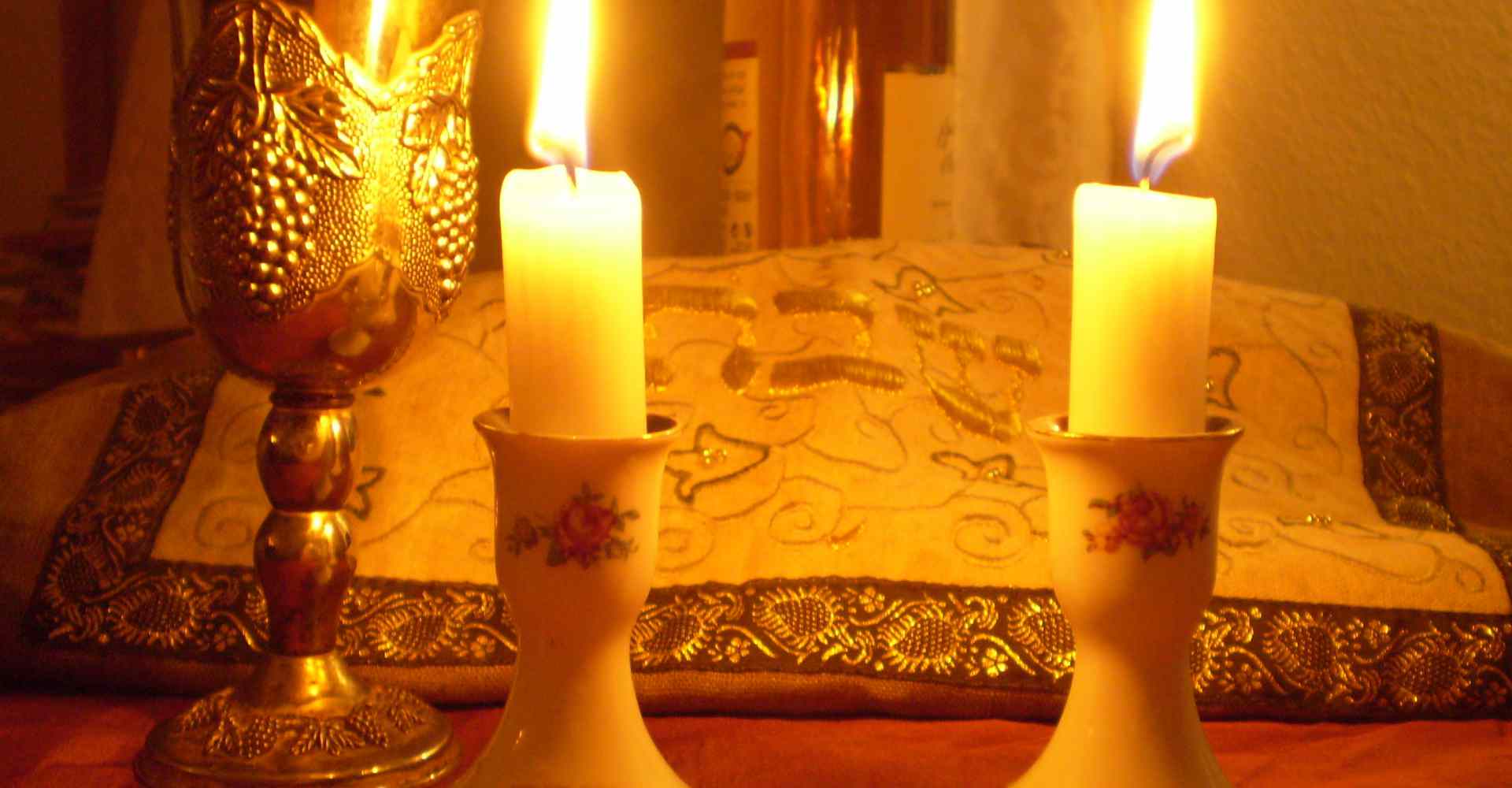Hebrew religion is perhaps the most festive religion as it has sacred seasons and religious festivals throughout the year. Even the marriages and birthdays are celebrated with festive spirit. Festivals of Israel include the weekly Sabbath, the monthly new moon festival, five annual festivals – festival of Passover, to celebrate exodus; festival of Pentecost, to celebrate the barley harvest; festival of Tents, to celebrate the final harvest; festival of Purim, celebrating the victory of Esther and Mordecai over Haman and the Festival of Lights, to remember the cleansing of the Temple by Judas Maccabaeus in 164 BC. Festivals in Israel are time of joy and celebration, private and public, to commemorate past deliverances and successes along with present blessings. There are at least four aspects to the celebration and offerings during these festivals.
- People of Israel celebrate the festivals with gratitude. They celebrate God’s goodness on their lives, on their harvest and on their nation. In the time of celebrating festivals of Tents and Pentecost, they gather the harvest and show their gratitude in the form of sacrifices and offerings.
- Remembrance is another important aspect of their festivals. They remember how God intervened in the time of trouble, slavery, captivity and foreign attacks. The greatest salvation act of God for Israelites in the Old Testament is their exodus from Egypt. The Passover festival is observed to remember how God struck down the firstborns of all Egyptian humans and livestock, but spared the firstborn of Israelites. In all the incidents of deliverance of the Jews, whether from the wicked plot of Haman or from the oppressive Seleucid empire by Judas Maccabeus, God’s intervention was evident and Israelites remembered that throughout the ages.
- Jewish festivals were also the occasions for national celebration and crucial to a sense of national unity. The Jews gathered as a people group representing the nation of Israel and celebrated the festivals nationwide. They would come out of their homes and cities. On some occasions they would take pilgrimages to other places; especially since king David had made Jerusalem the capital of the nation, pilgrimages have been taken to the holy city. This immensely contributed to national unity. Thus a festival was not just a time of national celebration, but also an opportunity to represent national unity.
- Festivals offered Israelites a pause for communal reflection on their status as a holy nation of God. The festivals allowed people to have a break from their routine work, assured by the stipulation that on a festival day “you shall have a holy convocation; you shall do no laborious work” (Lev. 23; Num. 28–29). In some of the festivals they had to change their places in order to participate in the festival. The gathering of people as community was symbolic that they were an elected and sanctified people by Yahweh Himself.
It was sacred for Israelites to celebrate festivals. They were occasions for people to renew fellowship and covenantal relationship with their holy God through offerings and sacrifices. Men and women, servants and masters, widows, orphans and foreigners, all celebrated these festivals with great joy.
Having a feast was the most common way to commemorate a joyous event. The event was often accompanied by meal of meat, grain, wine (Isa. 5:12) and music and dancing. They also used to light up candles in their homes, synagogues and streets during festivals like Passover and Hanukkah – known as the Festival of Lights, that commemorates the victory of Macabees over the Seleucid Empire.
As we move closer to one of the biggest Christian festivals, revisiting Old Testament festivals and modes of celebrating these festival by Jews is both informative and motivational for us. We, as Indian Christians, though a minority, should not lag behind to identify ourselves as people of festivity. Gratitude towards God and our solidarity as a community should be the hallmarks of our celebration. We can use this festive season as an opportunity not only to share the Gospel, but also to send the message to the world that we are united, and as a community we reflect our relationship with the true God and cherish our responsibilities towards our nation.
Jews are celebrating the Festival of Lights this year from December 16 -24. Tradition says that after the victory of the Maccabees, the Temple was purified and wicks of Menorah (the candelabrum with nine branches), burned for eight days, though the oil in the lamp was sufficient only for a day. This the Jews took as a sign of divine approval. Since then they have been lighting up candles every night for eight days during the Festival of Lights. Jewish historian Josephus says,
“We celebrate this festival and call it Lights. I suppose the reason was, because this liberty (i.e., restored political and religious freedom) beyond our hopes appeared to us.” Let us also light up candles and decorate our homes and churches and streets with lights and proclaim our gratitude towards God for the religious freedom He has given to us. And even when this liberty seems thwarted, let us rejoice in the hope that it will appear to us again.





